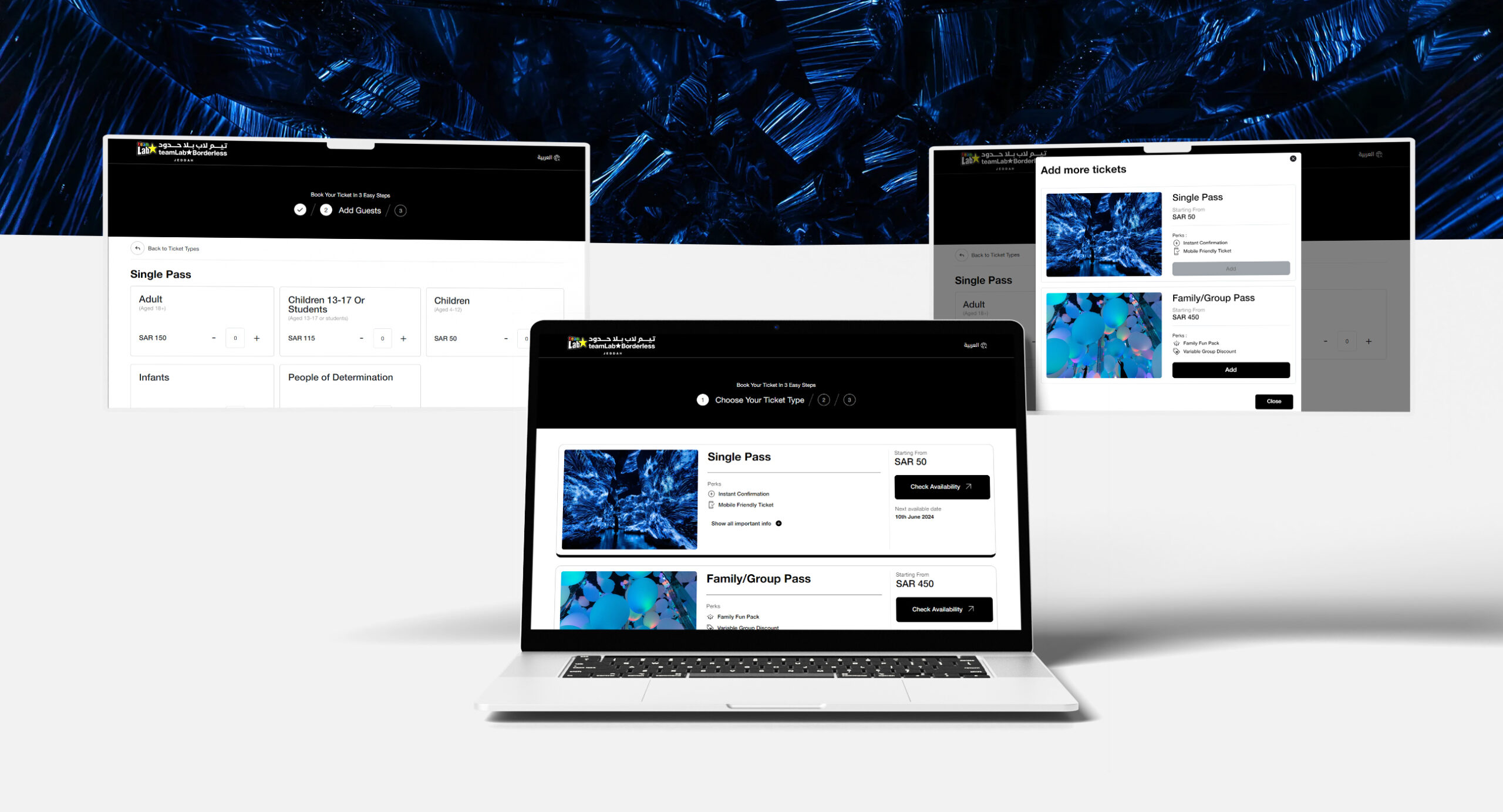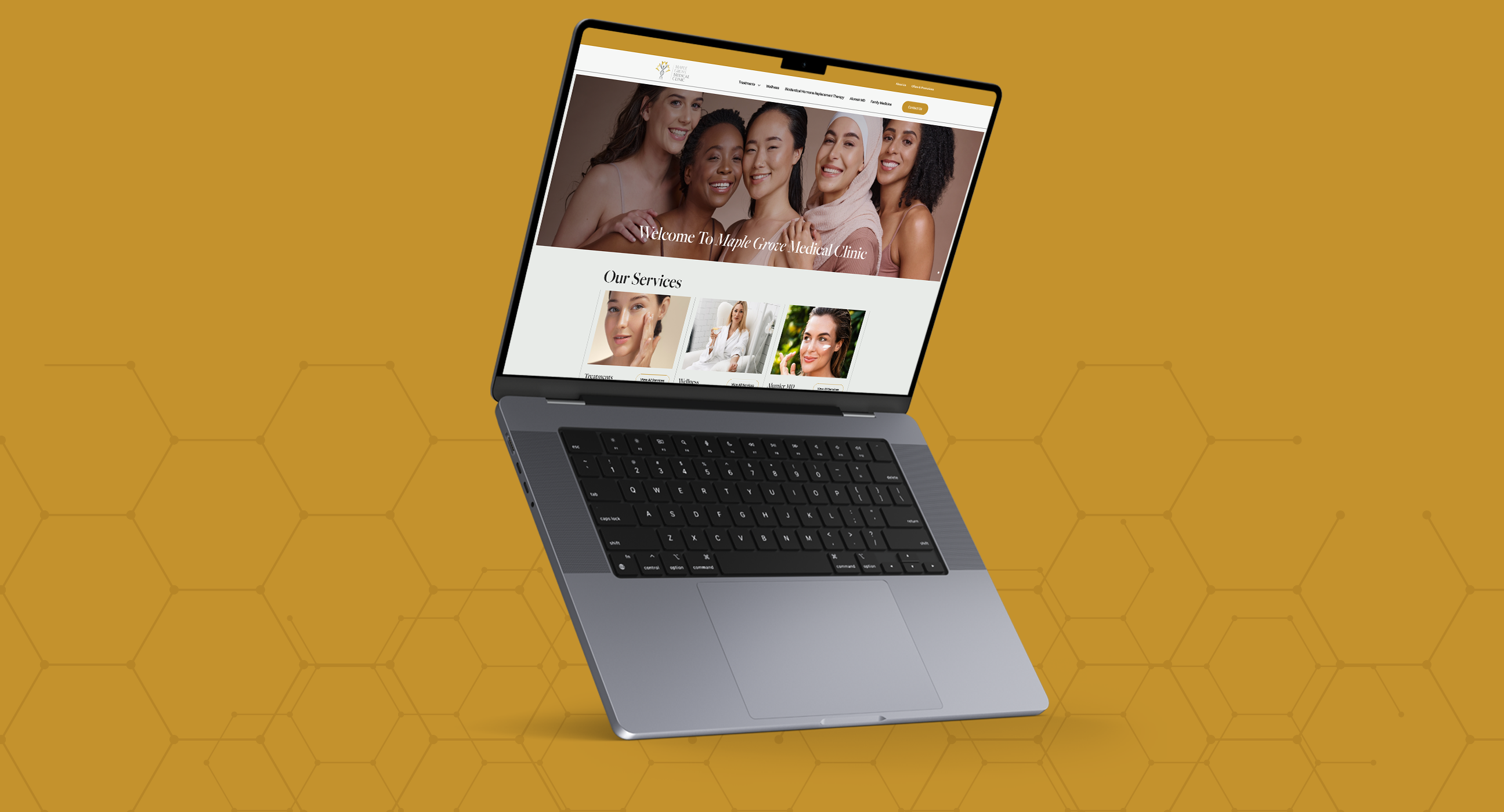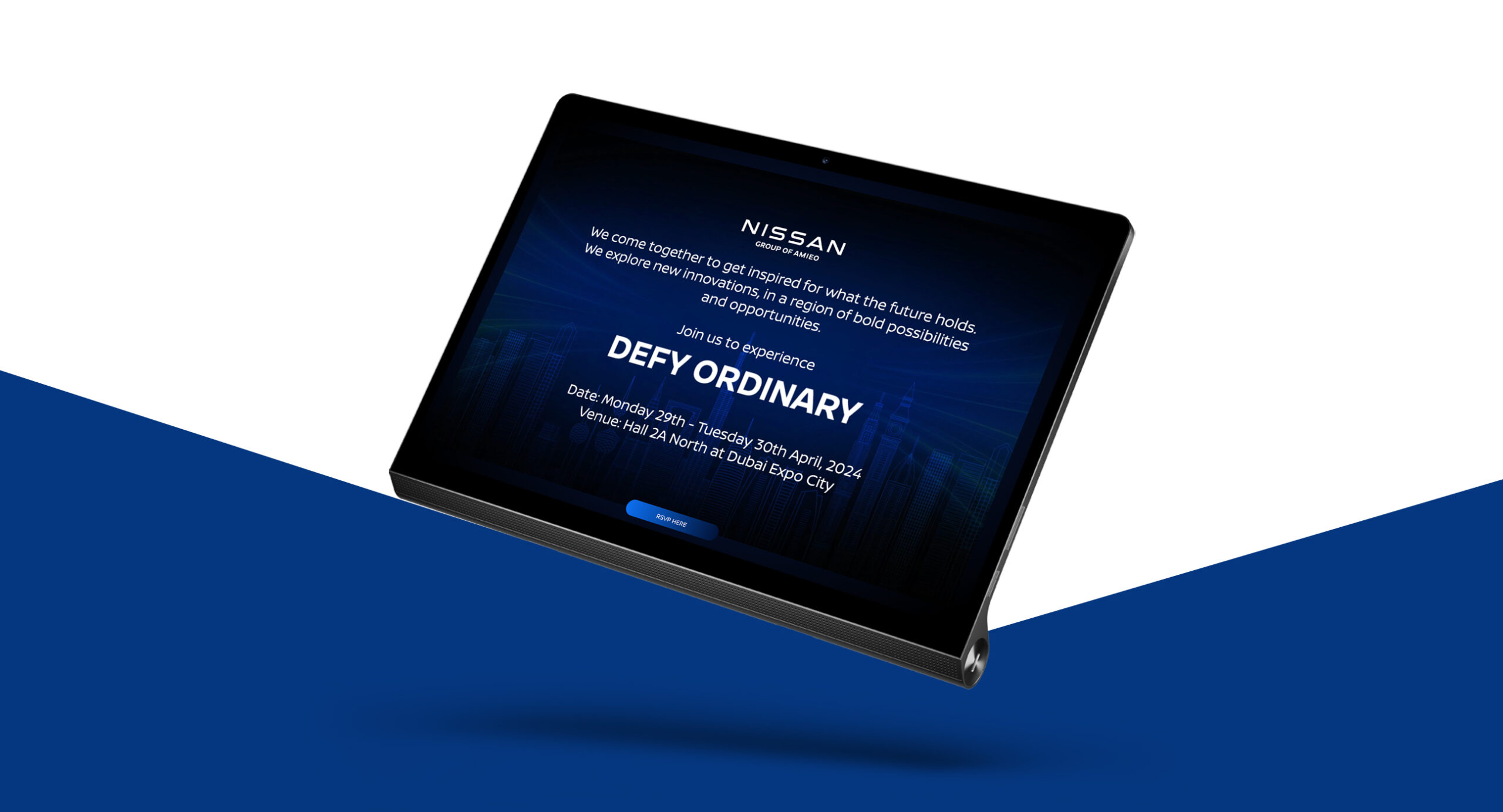Push notification marketing is an advertising strategy through which marketers educate their target audience on a range of devices about services and products through browser notifications.
Push notifications at their core are simply a way of alerting users to information that they have opted-in to from apps and services. Notifications encompass nearly every possible use case and type of service, including other communications mediums like email, SMS, and VoIP.
Users today have a hard time remembering what apps they even have on their device. Notifications help these services deliver timely and relevant information to users, and in doing so, staying top of mind.
A recent study showed that mobile users receive an average of 63.5 notifications per day, with most notifications coming from messaging and email applications.
Three Things to Know About Push Notifications
- Push notifications are the first and often most important communications channel used by apps.
- Nearly every major app uses push notifications for transactions and re-engagement.
- Push notification technology is rapidly evolving from a simple message delivery system to a rich and interactive medium
Push Notification Types
1. Mobile notifications – These pop-up messages are sent to users through a mobile app. Similar to browser push, it is possible to use mobile push notifications to send news, offers and sales alerts, reminders of occurrences, prompts customers to conduct a specific action, etc. To obtain mobile notifications, a mobile user should install the app or they can connect with a mobile app development company like GTECH for developing user-friendly mobile applications.
2. Browser notifications – These are browser alerts that can be received by a visitor while visiting a website. They are sent by marketers to notify them of sales, news, activities, promotions. This sort of push alerts enables brands to appreciate the advantages of an app-free push notification.
Why Is It Important?
• Better awareness. In 2019, the number of smartphone users is expected to achieve approximately 2.5 billion. Thus, when companies use push notifications, they display their products and services to a bigger smartphone-using market segment.
• Security. Google API monitors push notifications, thereby ensuring security of user information and preventing client data from being sold.
• Higher dedication. Push notifications allow brands to boost their app commitment by 88%. In addition, they enable businesses to return visitors to a website. Some of the ways in which brands can engage customers include sending appropriate data, reminders, and periodic updates.
• Pleasant insights. To improve your strategies, push notifications provide valuable open rate and CTR stats.
• Affordable channel for communication. You can encourage your brand at a better cost with push notifications.
Related Post
Publications, Insights & News from GTECH








